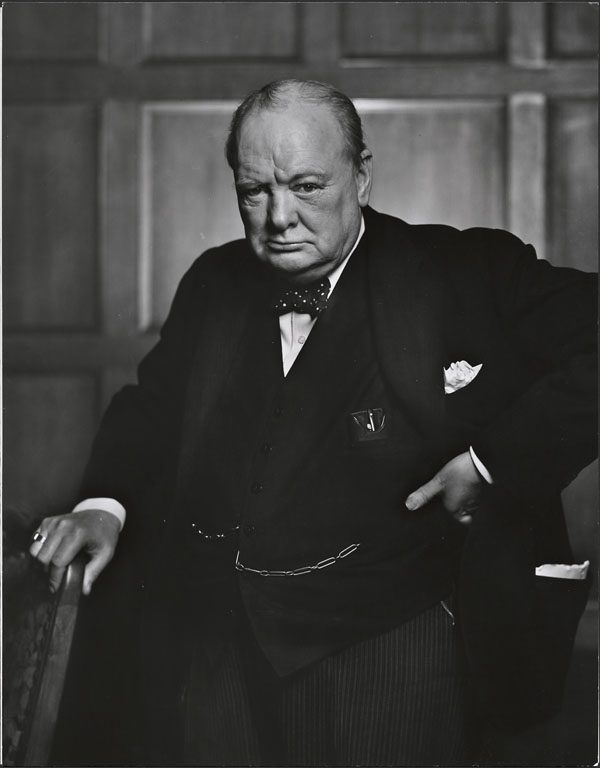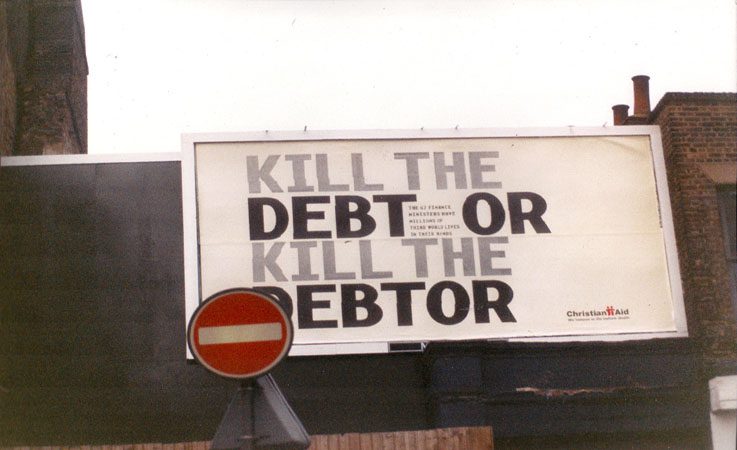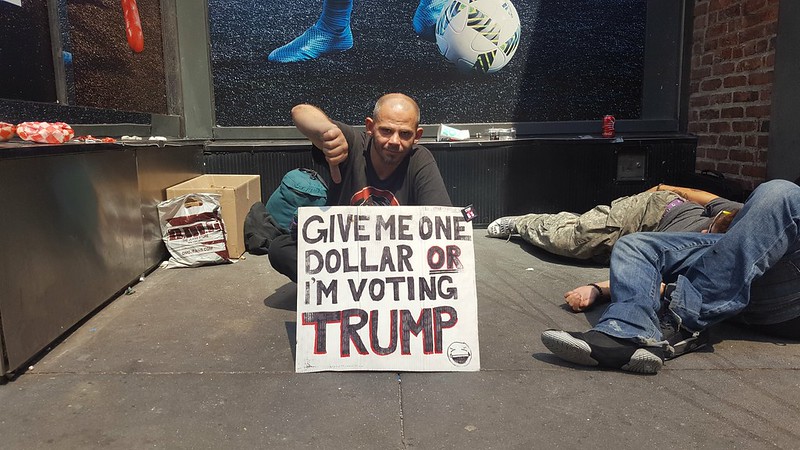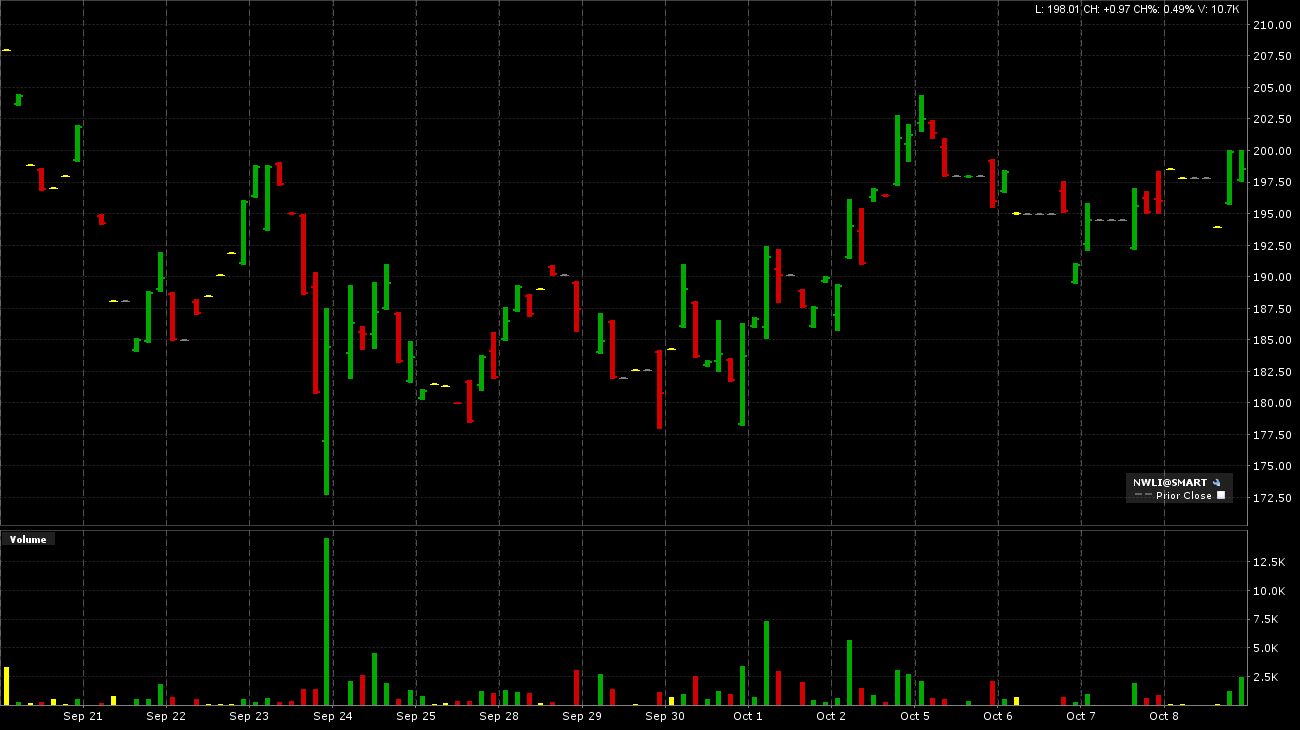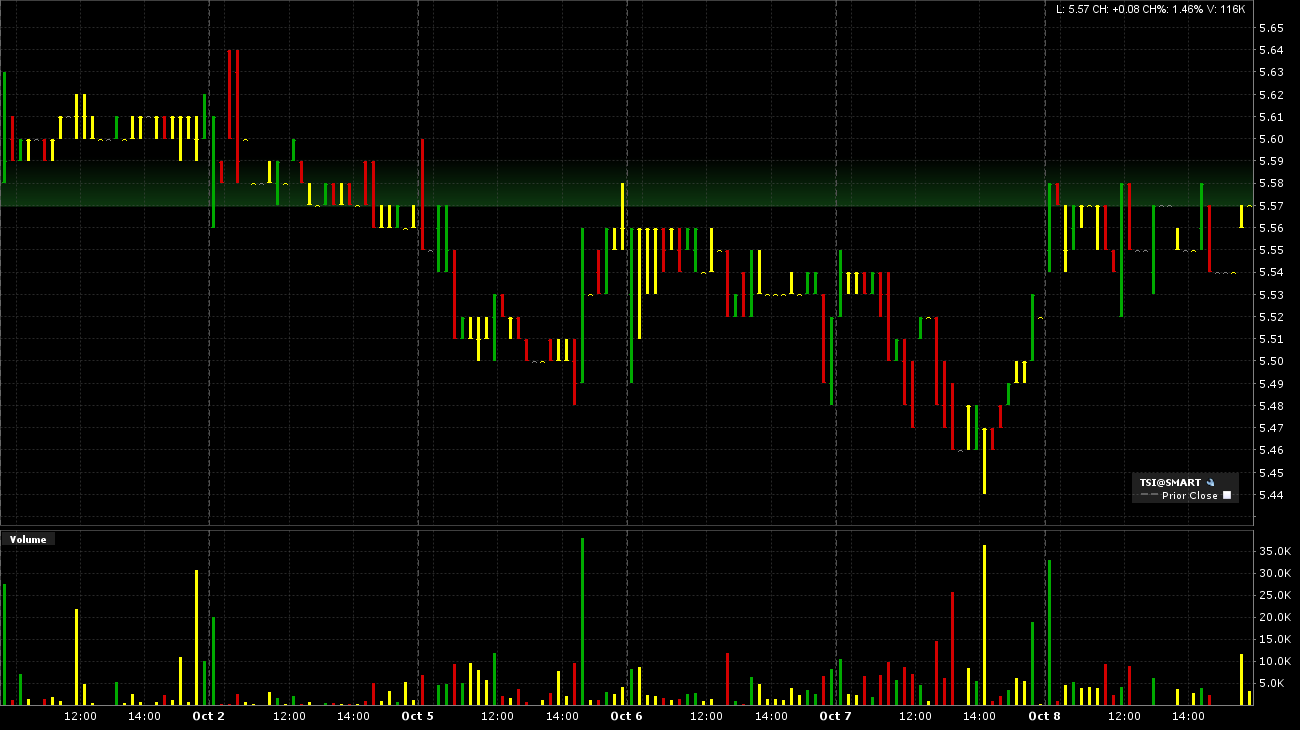Value Investing Waves the White Flag Again
Photo Credit: BiblioArchives / LibraryArchives & Yousuf Karsh. Library and Archives Canada, e010751643 || Nevah give up! Nevah give up! Nevah give up!!!
I may be off by a year but sometime in 1997 I was invited by Ted Aronson to come meet with him at his office in downtown Philadelphia. We talked for 90 minutes about a wide number of topics related to value investing and quantitative finance. I asked at the end of the conversation, “Why did you invite me to come talk with you? What’s the advantage to you?” He said (something like), “You’re a bright and interesting person, and I benefit by talking with such people.”
I met Ted through the CFA Society in Philadelphia. Sarah Lange, at that time the Chief Investment Officer of Provident Mutual, was president of the Society that year, and I did some small things to bring in some programs for the Society.
I met Ted at least twice more at a variety of CFA events, including the one where I was representing Baltimore at the Boston meeting where the Eastern US Societies met to oust the leader of the CFA Institute for malfeasance in 2003. I also met Harry Markopolos at that time, as he was President of the Boston Society that year.
And as such, given the talk that I had with him that day, the details of which I can’t remember, but it was a lot of fun, I was surprised to see this article:
I was shocked. The one thing I remember about his conversation with me was that he called his method “price-to-zipcode.” From others things that he said, I backed into the idea that he was doing some form of multifactor value investing, which was not far from what I was doing and continue to do.
I was reminded of when I wrote this:
You’ll know a market top is probably coming when:
a) The shorts already have been killed. You don’t hear about them anymore. There is general embarrassment over investments in short-only funds.
b) Long-only managers are getting butchered for conservatism. In early 2000, we saw many eminent value investors give up around the same time. Julian Robertson, George Vanderheiden, Robert Sanborn, Gary Brinson and Stanley Druckenmiller all stepped down shortly before the market top.
Classic: The Fundamentals of Market Tops
We’ve seen a lot of value managers give up in the present era also, and temporarily that depresses “value stocks” as the value managers close their firms, sell stocks, and return capital to shareholders.
Eventually this will come to an end. I agree with David Einhorn who says that tech stocks are in an enormous bubble. It’s not the same as 2000, where tech stocks had no profits. It is different, as tech stocks have extremely high valuations relative to their profits. And that may be no difference at all, as the sum of the weights of technology and communication stocks have hit an all time high this year. The highest weight sector tends to underperform. The only question is when does the momentum fail.
I’m not giving up. My principles have a strong theory behind them. My efforts are not just value, but deep value, and I have gotten my share of kicks to the gut as a result.
At some point the tide will turn, even if it is private equity absorbing value stocks out of the market. The investment math is hard to break. If companies are cheap on net worth and earnings, they will appreciate.
In closing, I thank Ted Aronson for talking to a then young investment actuary who had a lot of ideas but few prospects. He treated me very well, and for that I salute him, even as he shuts his firm down.

